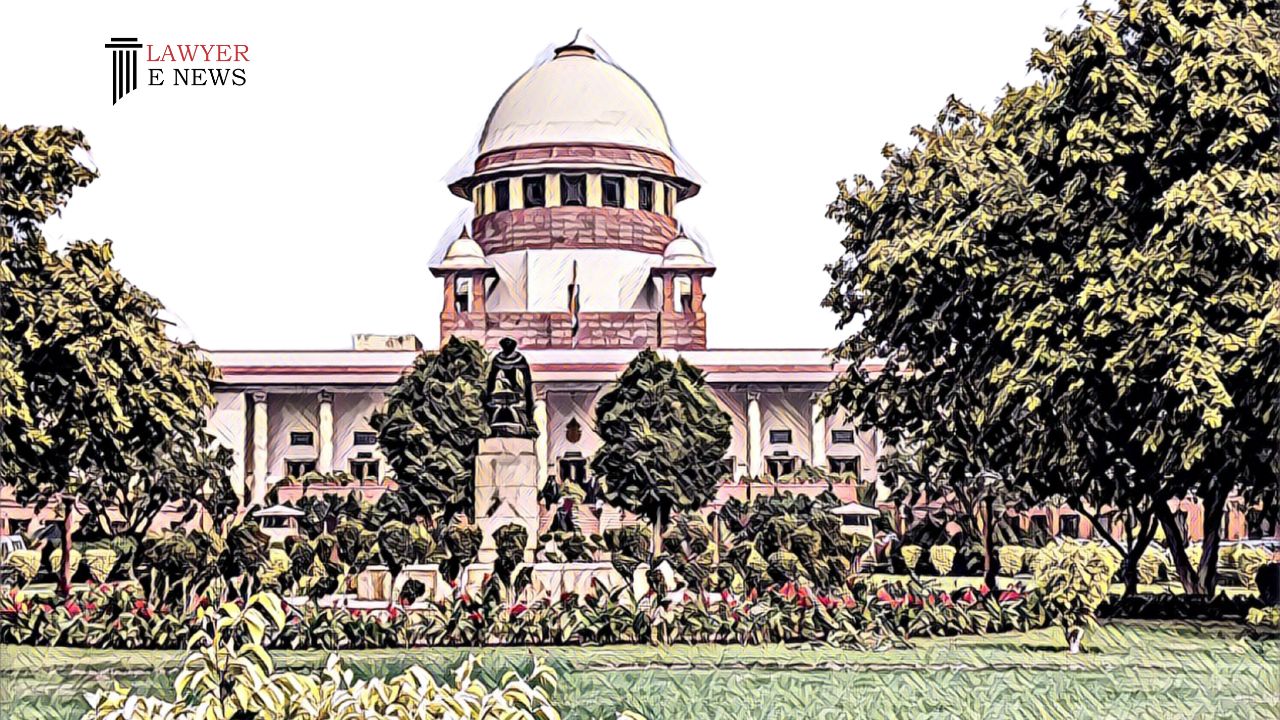-
by Admin
16 February 2026 1:47 PM



In a significant judgement, the Supreme Court quashed a criminal defamation case against Tejashwi Prasad Yadav, after he unconditionally withdrew his statements that were alleged to be defamatory towards the Gujarati community.
The judgment focused on the legal point concerning the quashing of a criminal defamation case under Section 499, punishable under Section 500 of the IPC. The court examined the context and intent behind the allegedly defamatory statements and the subsequent withdrawal of these statements by the petitioner.
The issue arose from a complaint filed in Ahmedabad by Hareshbhai Pranshankar Mehta, alleging that Yadav's public statements defamed the entire Gujarati community. The statements in question were made by Yadav on March 22, 2023, and reported widely. Yadav, in his defense, submitted two affidavits clarifying his intent and unconditionally withdrawing the contentious statements.
The Supreme Court, led by Justice Abhay S. Oka, meticulously analyzed the affidavits and the context of the statements. Justice Oka noted that while prosecutions for defamation cannot be quashed merely because the offending allegations are withdrawn, the specific circumstances of this case warranted a different approach. Acknowledging Yadav’s clarification and unconditional withdrawal of statements, the Court observed that continuing the prosecution would be unjust and serve no purpose, especially considering Yadav's acknowledgment of the esteem for the Gujarati community and no intention of defamation.
Concluding that this is a fit case for quashing the complaint under the extraordinary constitutional powers vested in the Supreme Court by Article 142, the criminal case titled Hareshbhai Pranshankar Mehta versus Tejaswi Lalu Prasad Yadav was quashed. Consequently, the petition for the transfer of the complaint became moot and was disposed of.
Date of Decision: February 13, 2024.
"Hareshbhai Pranshankar Mehta versus Tejaswi Lalu Prasad Yadav,"
